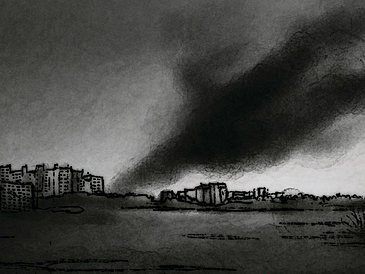On February 24th, 2022, Russia launched a military offensive in Ukraine. One of the topical questions, discussed by academics, politicians, and the wider public alike, is whether Russians genuinely support their government’s decision. Public opinions about the war in Russia is widely studied using survey data. However, many Russian citizens have no consistent position on the issue, and they cannot fully express their position by answering multiple choice questions. Thus, to grasp more of the complexity, discrepancies, and contradictions behind war support and opposition, we need qualitative methods, such as in-depth interviews or ethnography. The lecturer represents the Public Sociology Laboratory, the only research team systematically monitoring war perception in Russia using qualitative methods.
But how does one study war time Russia with qualitative methods? How can we make people suspicious of strangers talk with researchers about highly sensitive and censored topics? How can researchers be sure that the qualitative data they receive is truly spoken in this context? How are ethnographic observations of war perception possible; in short, what exactly does the researcher observe? And finally, what can we learn about Russo-Ukrainian war perception in Russia by using qualitative methods? This lecture will cover these questions.
When? July 2, 2024, at 10:15 am
Where? SuUB 4330 (4th floor)


